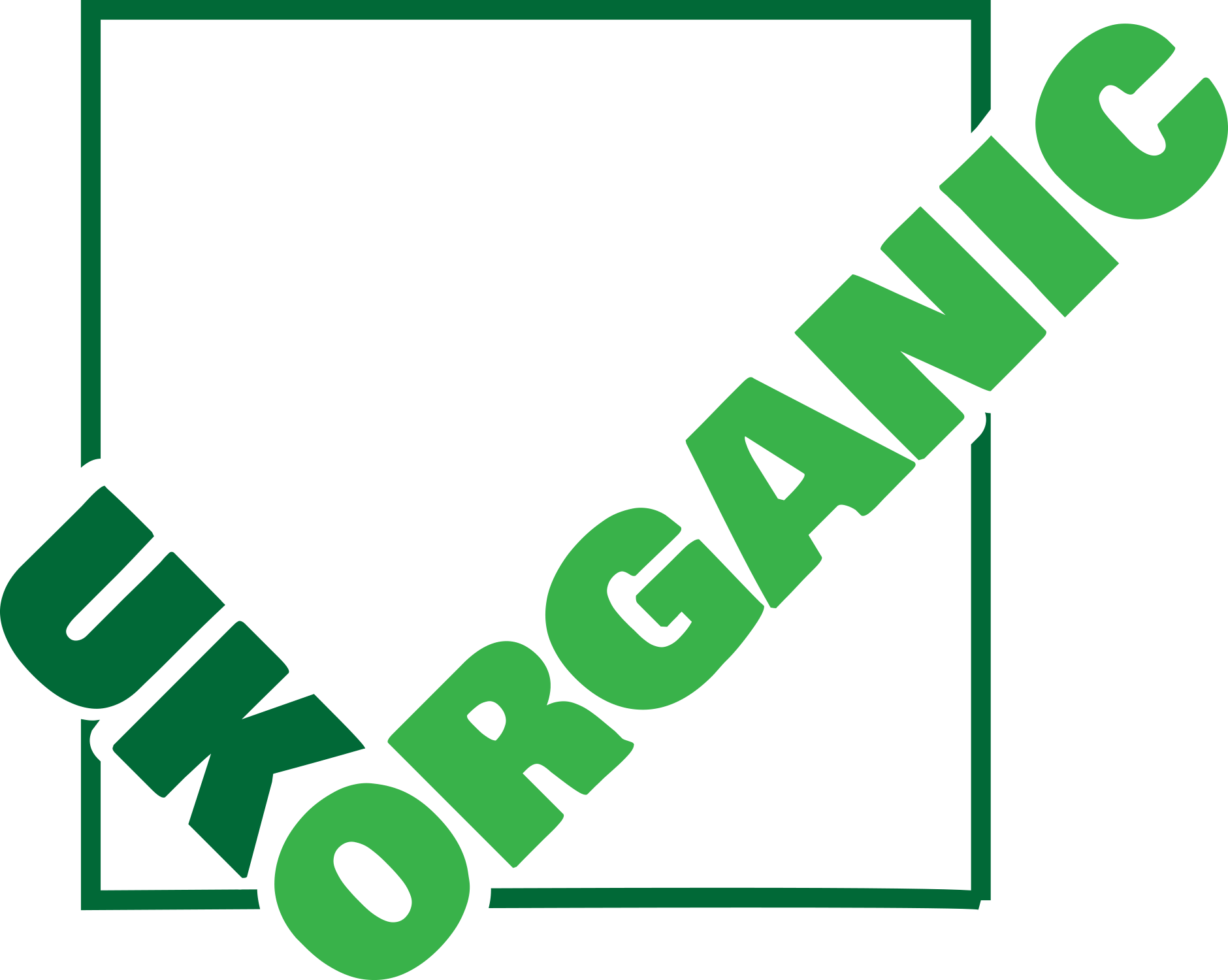Just ahead of the the second part of the National Food Strategy (NFS) being released, Prince Charles gave a speech last week on Radio 4’s Today Programme where he talked about why small family farms must be protected, crucially saying “Such has been the damage to the natural systems we depend upon, we must achieve profound and rapid change to reverse it”.
The NFS received a mixed review to some positive and some controversial points. The recommendations from author Henry Dimbleby are listed below:
- Introduce a sugar and salt reformulation tax. Use some of the revenue to help get fresh fruit and vegetables to low-income families.
- Introduce mandatory reporting for large food companies.
- Launch a new “Eat and Learn” initiative for schools.
- Extend eligibility for free school meals
- Fund the Holiday Activities and Food programme for the next three years.
- Expand the Healthy Start scheme.
- Trial a “Community Eatwell” programme, supporting those on low incomes to improve their diets.
- Guarantee the budget for agricultural payments until at least 2029 to help farmers transition to more sustainable land use.
- Create a Rural Land Use Framework based on the Three Compartment Model.
- 1Define minimum standards for trade, and a mechanism for protecting them.
- Invest £1 billion in innovation to create a better food system.
- Create a National Food System Data programme.
- Strengthen government procurement rules to ensure that taxpayer money is spent on healthy and sustainable food.
- Set clear targets and bring in legislation for long-term change.

In Sustain’s* response to the strategy, they have highlighted that the report sets out how our diets will need to change over the next ten years in order to meet the Government’s existing targets on health, climate and nature. By 2032, fruit and vegetable consumption will have to increase by 30%, and fibre consumption by 50%, while consumption of food high in saturated fat, salt and sugar will have to go down by 25%, and meat consumption should reduce by 30%.
Head of Sustainable Farming at Sustain, Vicki Hird commented on farming:
“We welcome the National Food Strategy and its push for longer term support for farming to 2029 as well as its recognition of the key role for agroecological farming approaches, such as organic. But to create a resilient, fairer and responsive market for farmers we also need properly regulated supply chains and the growth of new routes to market for farmers and we hope to see that come through in the Government’s response to this report. A rural land use framework is long overdue but we would stress the need for land sharing or an agroecological approach on the majority of land so we still produce food alongside public goods like nature.”
Prince Charles centred his speech around nature and it’s protection saying: “We must put nature back at the heart of the equation…as we profit from nature so nature must profit from us.”
The inference is that we need to be farming in a way that is synergistic with nature, and as we know, this is the way that organic farming works, it aligns with our campaign – Nature has the Answer and Organic Is What the Planet Would Choose.
*OTB is a member of Sustain’s Alliance.


